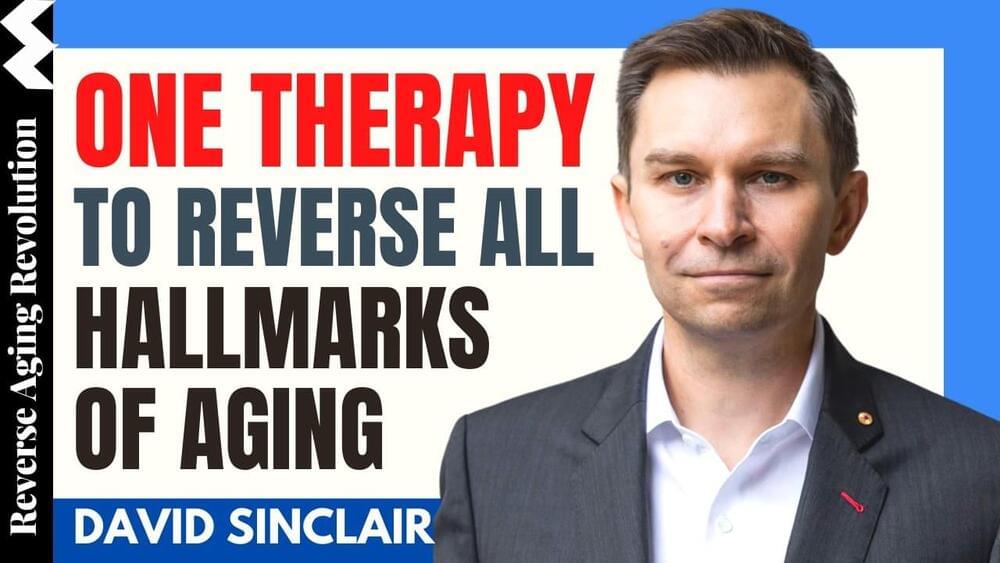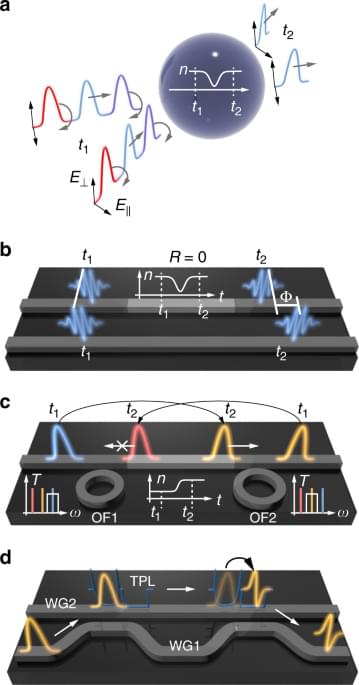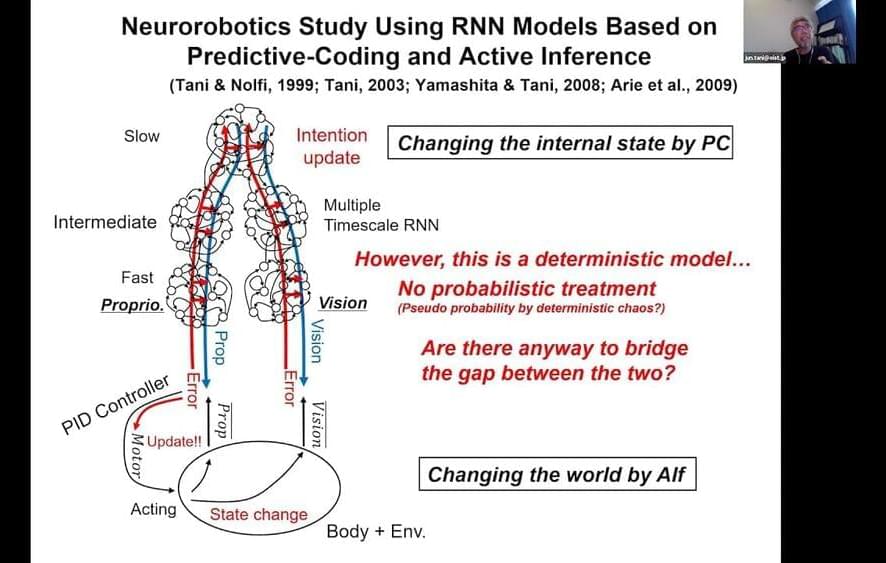Kind of starts out with a no but ends in a yes. Just a few minutes long.
An increasing number of studies suggest the presence of a “metabolic clock” that controls aging. This clock involves the accumulation of metabolic alterations and a decline in metabolic homeostasis and biological fitness. There are nine cellular hallmarks of aging: telomere attrition, genomic instability, mitochondrial dysfunction, cellular senescence, stem cell exhaustion, loss of proteostasis, deregulated nutrient sensing, epigenetic alterations, and altered intercellular communication. Metabolic alterations have been implicated in each of these processes.
https://www.cell.com/fulltext/S0092-8674(13)00645-4
https://www.cell.com/cell/pdf/S0092-8674(16)30981-3.pdf.
David Sinclair is a professor in the Department of Genetics and co-director of the Paul F. Glenn Center for the Biology of Aging at Harvard Medical School, where he and his colleagues study sirtuins—protein-modifying enzymes that respond to changing NAD+ levels and to caloric restriction—as well as chromatin, energy metabolism, mitochondria, learning and memory, neurodegeneration, cancer, and cellular reprogramming.
Dr David Sinclair has suggested that aging is a disease—and that we may soon have the tools to put it into remission—and he has called for greater international attention to the social, economic and political and benefits of a world in which billions of people can live much longer and much healthier lives.









